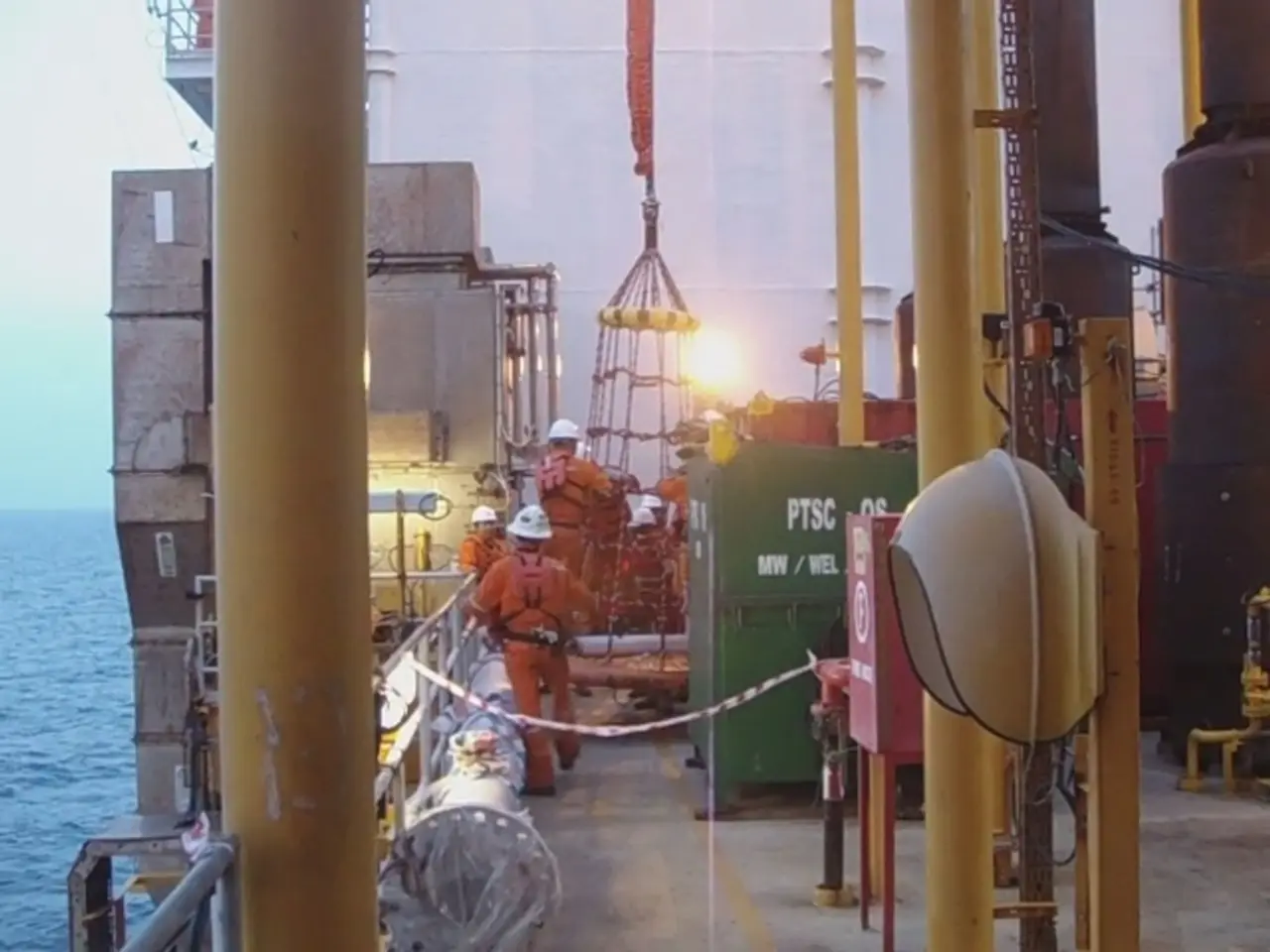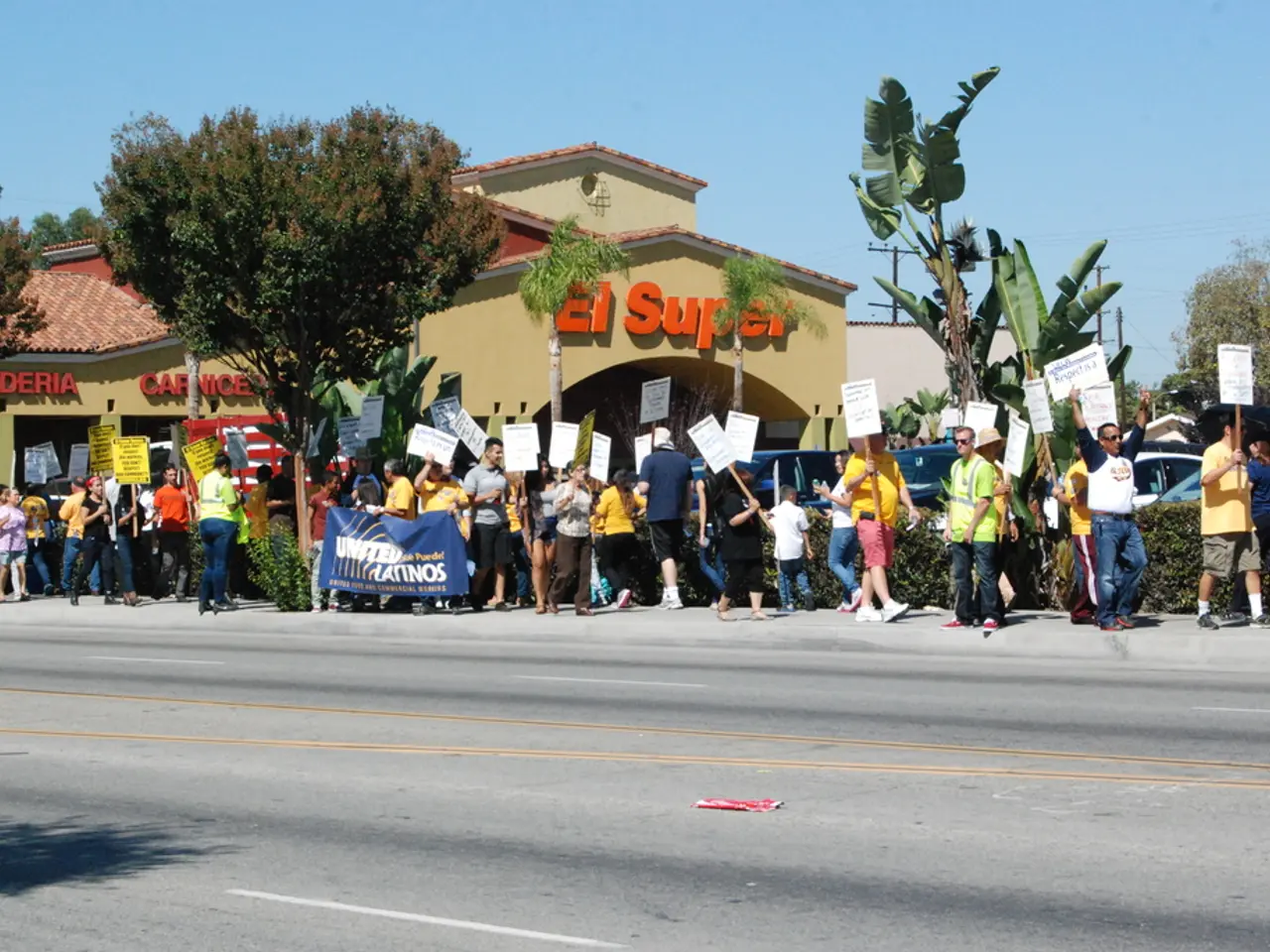Highways halts require prior notification, rules Supreme Court for drivers
The Supreme Court of India has issued a ruling that emphasizes the importance of responsible driving on highways, particularly in relation to sudden braking or stopping without giving proper warning to other vehicles.
According to the ruling, abruptly stopping a vehicle on a highway without signaling or warning is considered negligence. Drivers are expected to maintain high speeds safely and provide adequate warning to others if they intend to stop or slow down. Failure to do so makes the stopped vehicle's driver primarily liable for any accidents that may occur as a result.
In the event of multi-vehicle accidents caused by sudden stops, other drivers may also share some liability, depending on their own negligence, such as failing to maintain a safe distance or driving without a valid license. However, the driver who suddenly stops without warning bears the primary responsibility because the hazardous situation originated from that sudden stop.
In a 2017 Coimbatore case, for example, the driver who halted his car suddenly due to an alleged emergency was held primarily liable, even though the motorcyclist behind was also found to be negligent for not keeping adequate distance.
The courts do not accept personal emergency reasons as a reasonable justification for abrupt stops without warning. This ruling aims to promote safety on high-speed highways by preventing unexpected hazards and encouraging responsible driving behavior.
Previously, the Motor Accident Claims Tribunal had cleared the car driver in a case, but the Supreme Court's latest judgment has further adjusted the distribution of blame, placing primary responsibility on the car driver.
It is important for all drivers to adhere to these rules and court precedents to ensure the safety of everyone on the road.
The Supreme Court's ruling underscores the significance of car-maintenance and responsible driving, such as avoiding sudden stops on highways without giving proper signal. In the spirit of promoting sportsmanship and safety, drivers are urged to maintain a consistent lifestyle that prioritizes adhering to traffic rules and providing adequate warning to others.





